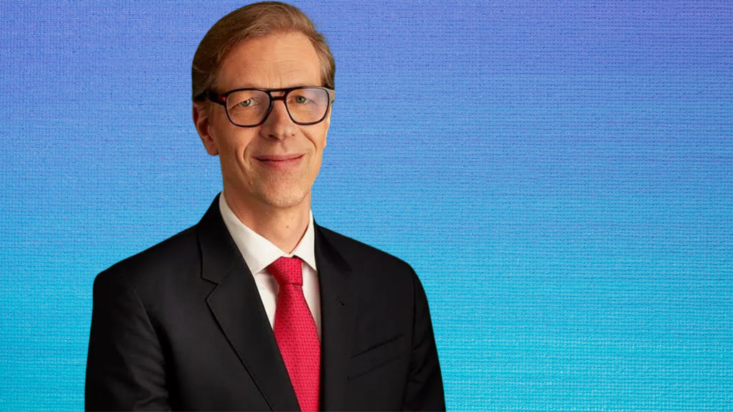Man has the edge on machines in long-term investing (for now): Ruffer
Systematic and quant strategies are nothing new, but the computing power that underpins their brute approach to markets – and their influence over those markets – has grown exponentially since their advent in the 1980s, to the point where machines might soon replace humans as the masters of the universe.
But while investment house Ruffer is already benefitting from recent, rapid developments in machine learning, and its active decisions are aided by quant models, it still believes that man will triumph over machine (for now).
“Two main contentions emerge from our thinking: firstly, while shorter-term investing is best done by machines, we think longer-term investing is still best done by humans,” writes Ruffer head of investment strategy Teun Draaisma. “Secondly, we think the rise of the machines in investing might hand more opportunities to active investors with a long-term focus.”
That’s because the short-term drivers that machines focus on – momentum, reversal, and sentiment signals – are mostly unrelated to what can be key determinants in a stock’s long run performance (valuations and growth). And as a result of those dynamics, Draaisma expects there will be more market dislocations.
Draaisma points to a fundamental model that uses indicators of macro and fundamental uncertainty to explain the level of the VIX (Wall Street’s ‘Fear Index’, which measures expectations of stock market volatility by tracking S&P500 options prices). Those indicators have historically explained the level of the VIX well, but the deviation between the model’s predicted value and the actual value “has never been higher than today” – indicating a larger dislocation that usual, and a potential opportunity.
“We use the example of VIX deliberately because it is central to the way many assets are allocated these days,” Draaisma writes. “Many systematic strategies take position sizes as a function of how risky markets are, proxied by recent volatility.
“If recent volatility is artificially low, the systematic strategy might conclude that a larger allocation is justified. If ever the volatility returns to its natural undisturbed level suggested by our model, many systematic strategies would have to reduce position sizes, and this would increase the volatility and induce further selling. This, in a nutshell, is the modern day 1987 crash scenario for risky assets we think is increasingly possible.”
That’s the crux of Draaisma’s thinking, but there are a few other reasons man might beat machine in the long-term. Machines are more or less slaves to the models that underpin their decision-making; if the models are wrong (say, by failing to incorporate inflation data across time) so are they. And they don’t know a thing about irrationality.
“Fear and greed are eternal,” Draaisma writes. “So long as humans are involved with investment decision making, behavioural biases will continue to affect markets, leading to undershoots and overshoots in asset prices. And there’s a difference between knowledge and wisdom. Knowledge is knowing a tomato is a fruit. Wisdom is knowing not to put it in a fruit salad. It applies to investing too.”











